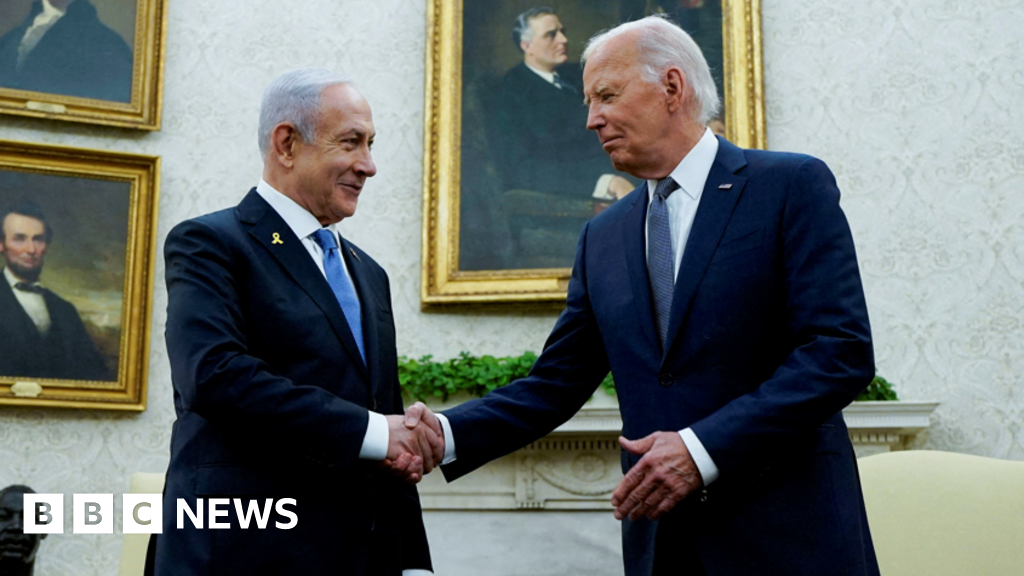Israel Strikes Iran: Tensions Escalate Following Missile Launches
In a dramatic escalation of tensions in the Middle East, Israel has launched a military operation against Iran, marking a significant turning point in the ongoing conflict between the two nations. This move comes nearly a month after Iran fired almost 200 ballistic missiles at Israel, prompting a response that Israeli officials describe as both a right and a duty. As explosions reverberate in Tehran and military sites are reportedly targeted, the world watches closely to see how this volatile situation unfolds.
The Context of Conflict
The backdrop to this latest military action is a long-standing rivalry between Israel and Iran, characterized by mutual distrust and hostility. Just weeks ago, Iran’s missile barrage was seen as a bold statement of its military capabilities and resolve. In response, Israel’s military spokesman announced on Saturday that the operation was underway, emphasizing that their defensive and offensive capabilities were fully mobilized. This declaration set the stage for what many had anticipated would be a significant military response.
Explosions in Tehran
Reports from Iranian state media confirm that explosions have been heard in the western parts of Tehran, although the specifics of the targets remain unclear. News outlets linked to Iran’s Revolutionary Guards suggest that military bases in the west and southwest of the capital have been hit. Meanwhile, the Syrian state news agency has reported that Israeli airstrikes have also targeted military sites in central and southern Syria, indicating that the operation may extend beyond Iran’s borders.
Israeli Leadership in Action
Amidst the chaos, Israeli Prime Minister Benjamin Netanyahu was seen in the operations center of the military headquarters, a visual representation of the gravity of the situation. His presence underscores the seriousness with which Israel is approaching this conflict, as the nation braces for potential repercussions from Iran.
Iran’s Response and Media Coverage
Interestingly, Iranian media has been somewhat subdued in its reporting of the attacks, suggesting a desire to downplay the impact. However, the true extent of the damage and the nature of the targets may take time to emerge, as information trickles out from Iranian authorities. The semi-official Tasnim news agency has already hinted at a "proportional reaction" from Iran, indicating that the leadership is contemplating its next steps.
The U.S. Angle
In a noteworthy development, the Pentagon has confirmed that the United States was informed of Israel’s plans prior to the operation, emphasizing that there was no U.S. involvement. This detail is crucial, as it reflects Washington’s ongoing efforts to prevent the conflict from spiraling into a broader war. The U.S. is now closely monitoring the situation, particularly to determine whether Israel’s strikes were limited to military targets or if they extended to facilities linked to Iran’s nuclear program, which could provoke a severe response from Tehran.
Looking Ahead
As the dust settles, it appears that Israel may have taken heed of U.S. warnings, opting for a more measured approach rather than a full-scale assault aimed at crippling the Iranian regime. The ball is now in Iran’s court, and its leadership faces a critical decision on how to respond. The Israeli military has made it clear that any escalation from Iran would be met with a strong retaliatory strike, setting the stage for a potentially dangerous cycle of action and reaction.
In this high-stakes game of geopolitical chess, the world watches with bated breath, hoping for a resolution that avoids further bloodshed and instability in an already volatile region. As the situation develops, one thing is certain: the ramifications of this conflict will be felt far beyond the borders of Israel and Iran.



